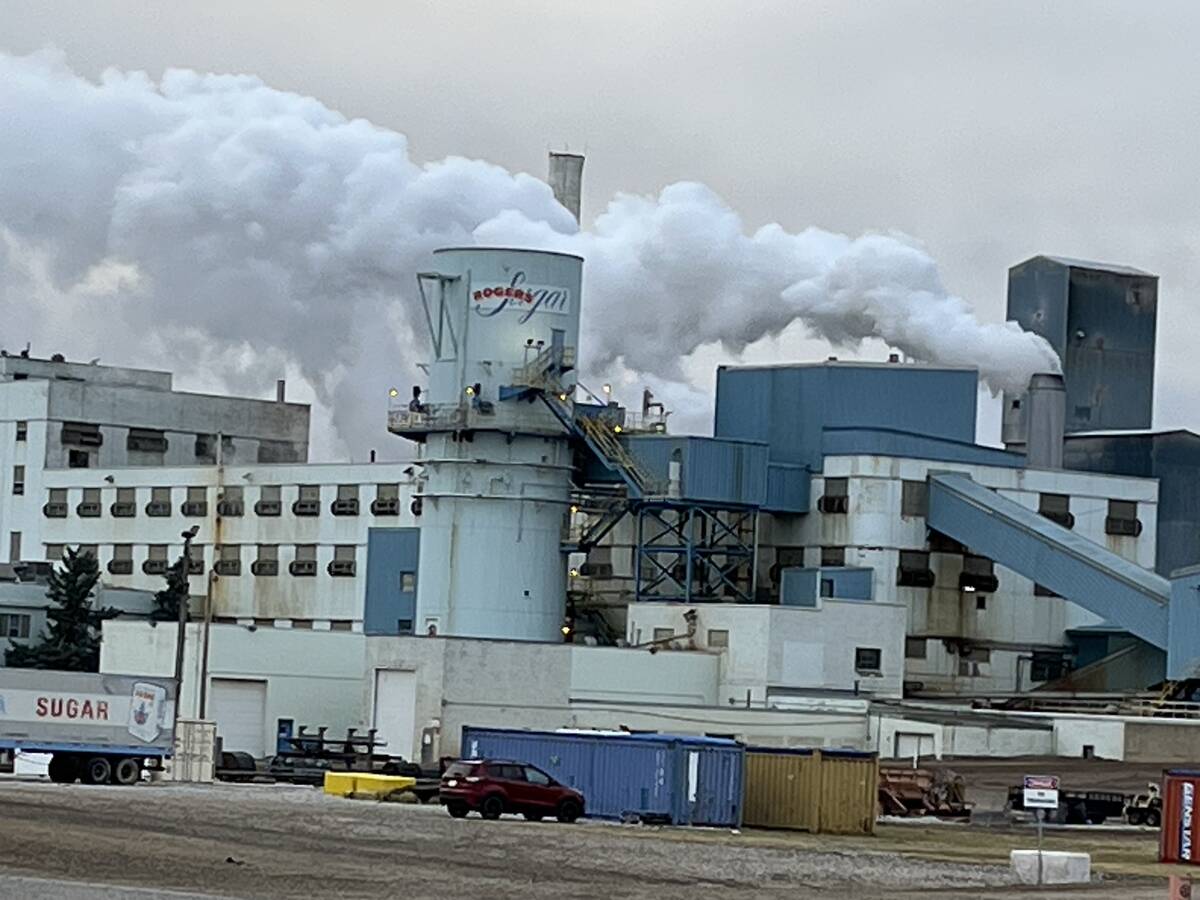With a travel schedule that would make a professional hockey player weep, the world famous Lipizzaner Stallions spend 11 months a year on the road.
A one-month vacation at their home base just outside Orlando, Florida, is the only break they get.
When they do return, it’s just like the family coming home for Christmas.
“We love having them back home,” said trainer Amanda Rossiter.
“They’re just like our children. We love them and miss them.”
Read Also

Sugar beet harvest underway in southern Alberta
Alberta Sugar Beet Growers hosts field tour to educate the public on the intricacies of the crop, its harvest process, and contracts with Lantic Sugar
But don’t feel too sorry about their travel schedule. The 12 horses, along with riders and support staff, are well taken care of. They are currently touring Western Canada.
“We do as much as we can to make them comfortable and happy and healthy,” Rossiter said. “If we don’t, they won’t work.”
Creature comforts
Keeping the horses comfortable, happy and healthy includes the luxurious air-ride rig they travel in, including well-spaced individual stalls, lots of hay and stops every couple of hours for watering and treats, all under the watchful eye of a closed-circuit video monitor in the cab.
“They like the trailer,” Rossiter said.
“It’s a fun place. They get water, they get carrots, they get cookies.”
A happy, healthy horse is a lot easier to work with, she said, adding a 1,200 pound stallion can do almost whatever it sets its mind to.
“I’m five foot six and 120 lb.,” said the former head rider.
“If they don’t want to do something, they’re not going to do it.”
There are about 50 horses in the Lipizzaner troupe, with 12 to 14 out on the road in North America at any time.
Tours also operate in Australia and Europe, particularly the United Kingdom.
It’s not always the same horses out on the road, and they can be rotated in and out of the show as necessary.
“It’s whatever the show and the horses need,” said Rossiter, adding there are always plenty of young ones ready to strut their stuff, although they usually need more training.
Rossiter said it would be great if the same group could stay out on the road for the full 11 months, but that doesn’t happen.
The horses don’t travel with veterinarians, but for every town on the tour the head office provides a list of local vets, farriers, feed suppliers and emergency numbers.
Health safety
The horses cross international borders frequently and all are vaccinated against every disease possible. Rossiter said there haven’t been serious problems.
The troupe buys feed locally, feeding only Purina Senior because of its digestibility and safety and the fact that it’s available everywhere.
Despite all the planning and preparation, things do happen.
“We never have a year go by that you wish something didn’t happen,” she said, whether it be a colic or something else unexpected.
“But we’ve never lost a horse or a rider in the 10 years I’ve been here.”














